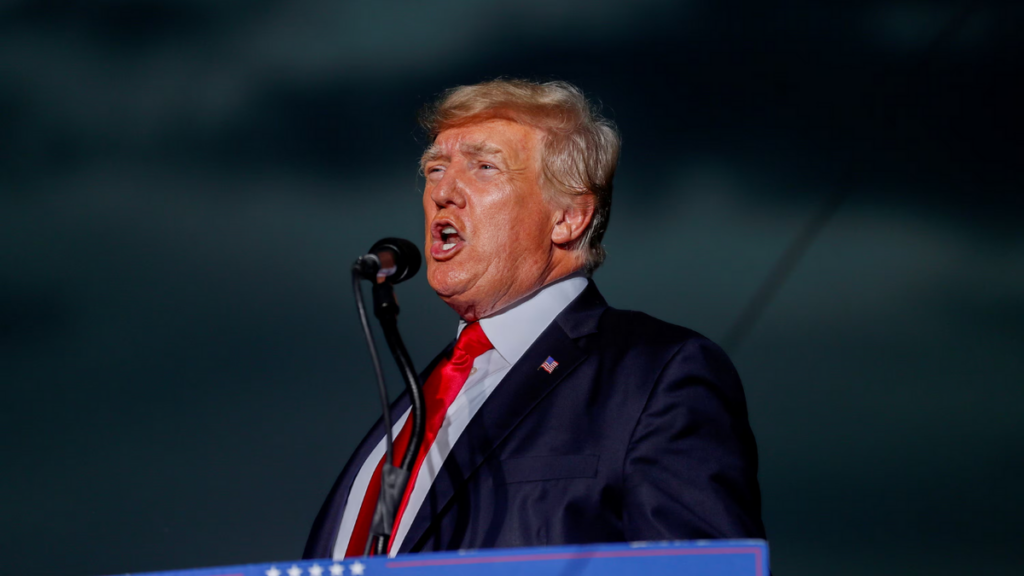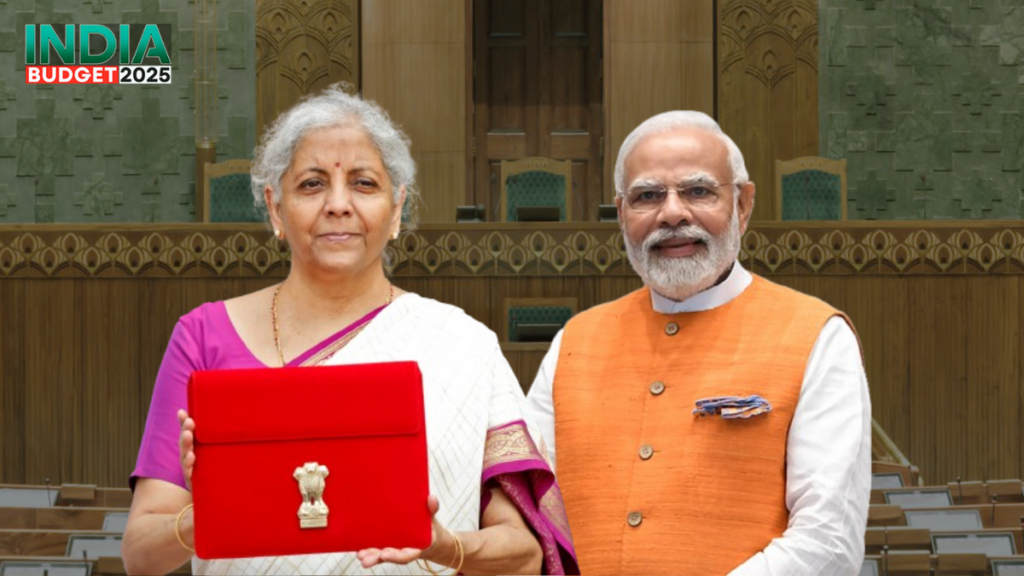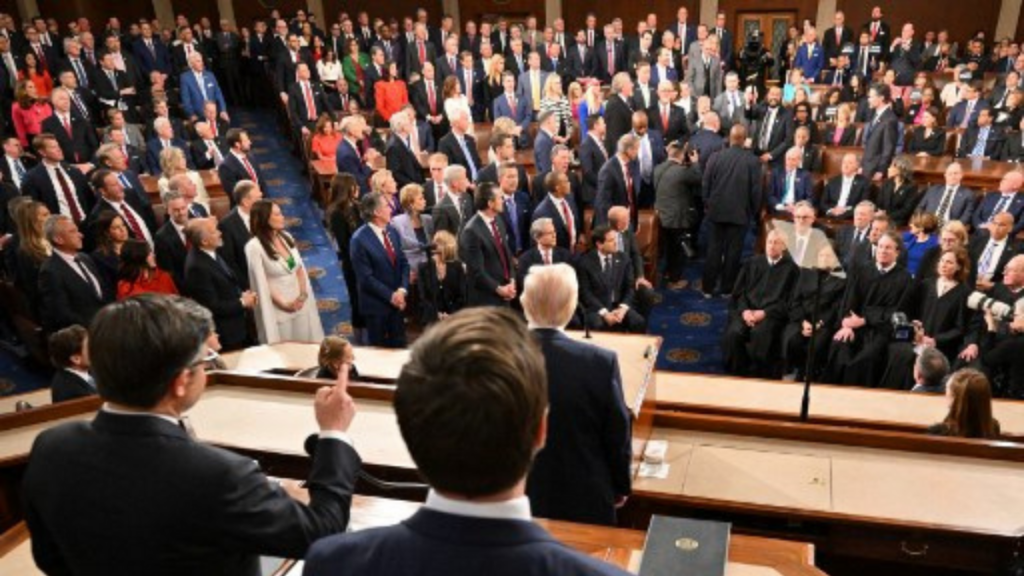
How world is reacting as Trump sets time for reciprocal tariffs’ announcement
US President Donald Trump is just hours away from announcing the major reciprocal tariffs on several nations on “Liberation Day”.
Trump took to Truth Social on Wednesday (April 2), posting, “IT’S LIBERATION DAY IN AMERICA!”, expressing enthusiasm as the whole world awaits his announcement.
The announcement is scheduled to take place at the White House at 4:00 EST (1:30 am IST).
The new tariffs which will be announced on April 2, will take effect immediately. On next day, additional tariffs on cars will begin, according to the White House.
Also read: Who is Howard Lutnick? Trump’s ‘tariff man’ facing heat as reciprocal tariff threat looms
Trump call this day “Liberation Day” because he believes these tariffs will help American businesses. Notably, Trump is open to talking with other governments and business leaders who want lower tariffs, the White House press secretary said.
How the nations are reacting?
‘Will hurt both sides’: Germany
Germany on Wednesday warned that trade wars hurt “both sides” as Europe’s biggest economy braces for Trump’s wide-ranging new “reciprocal tariffs”.
“The costs of a trade war do not fall on one side but can become expensive for both sides,” government spokesman Steffen Hebestreit said.
Berlin was “ready and willing to negotiate at the European level with the United States” to avoid such a dispute,” he added.
Also read: US auto sales surge ahead of Trump tariffs, benefiting pickups and SUVs
‘Major economic disorder’: France
Meanwhile, France expects that new US tariffs on European products to be in the range of 20% to 25%, which would lead to “major economic disorder,” a government spokeswoman said.
“They risk being pretty powerful. People are speaking of tariffs between 20% and 25%,” Sophie Primas told reporters.
“This will obviously lead to major economic disorder on the products impacted, not only in Europe but also in the United States,” she added.
‘People are going to die’: Ireland
Moreover, Ireland’s pharmaceuticals sector is also worried that the impact of new tariffs could drive up the cost of medicines worldwide and disrupt supply chains.
Irish pharma CEO, Gareth Sheridan at Nutriband warned, “We make chemotherapy treatments, we make heart medications, we make antibiotics, we make pain medications, we make diabetes medications. These types of treatments can’t afford a disruption in the global supply chain. You know, as a comparable situation, tariffs on automobiles – if you can’t afford a BMW, okay, buy a Ford and you can still get to work.”
“If you have a 25% hike on chemotherapy and you can’t afford your treatment anymore, what’s the alternative? I mean, ultimately, people are going to die, and they’re going to die because they can’t afford to live,” the CEO said.
Also read: Trump’s ‘Liberation Day’ tariffs spark global trade concerns
‘Internet shutdowns’: India
According to a US report, India had the highest average Most-Favoured-Nation (MFN) applied tariff rate among major global economies in 2023, standing at 17%—with 13.5% for non-agricultural goods and 39% for agricultural products.
The Office of the US Trade Representative (USTR) raised concerns over India’s high import duties on farm products, restrictions on imports, foreign direct investment barriers, and regulatory challenges in the insurance sector.
Moreover, it also warned of internet shutdowns in India and disruptions to US digital services.
‘Potential countermeasures’: Canada
Canada also reacted as Prime Minister Mark Carney vowed to defend Canadian workers and warned of potential countermeasures.
‘Avert a trade war’: Italy
Italian Prime Minister Giorgia Meloni warned that the tariffs would severely impact Italian businesses and be unfair to American consumers.
“This is the reason why I remain convinced that we must work to avert a trade war that would benefit neither the United States nor Europe in any way,” she said.
(With inputs from agencies)





Responses